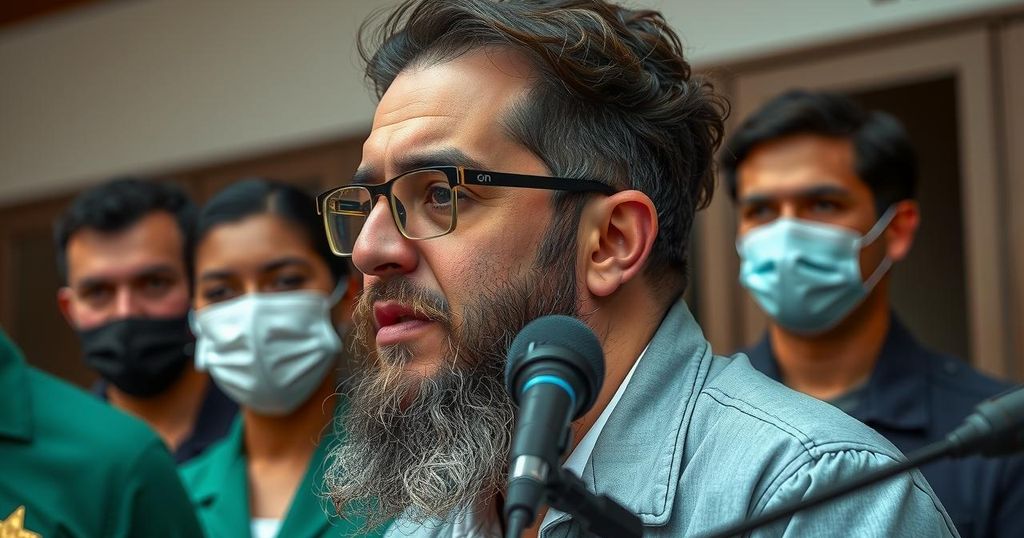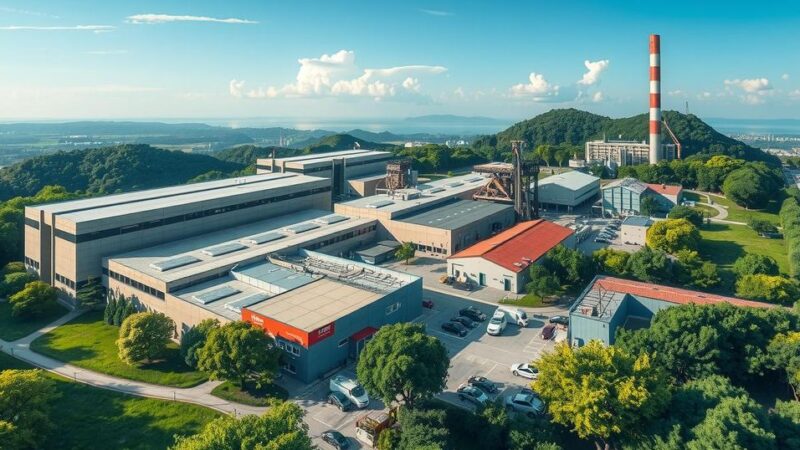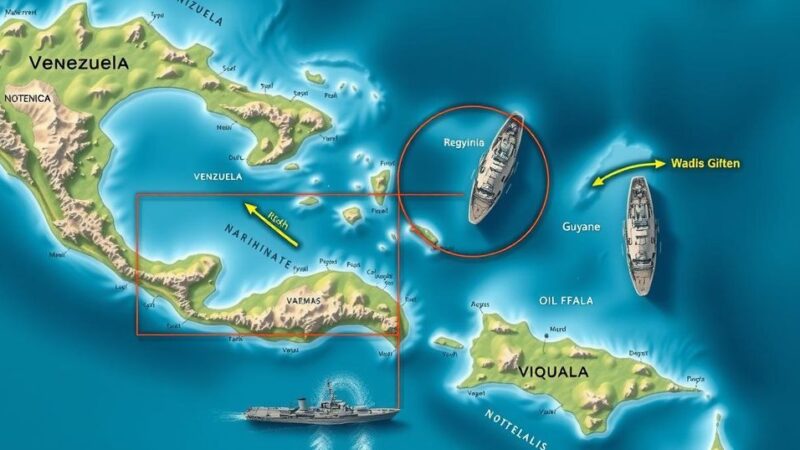Said Ait Mahdi, a Moroccan activist, has been sentenced to three months in prison for leading protests against the government’s earthquake response. The earthquake in September 2023 devastated the Al Haouz region, raising concerns over the adequacy of recovery efforts. Ait Mahdi’s case has ignited human rights advocacy, reflecting broader tensions in Morocco about civil liberties and government accountability.
A prominent Moroccan activist, Said Ait Mahdi, has been sentenced to three months in prison following his role as a leader in protests against the government’s inadequate response to the devastating earthquake that struck the Al Haouz region in September 2023. The earthquake resulted in nearly 3,000 fatalities and widespread destruction, prompting widespread frustration among the local population regarding recovery efforts. Ait Mahdi’s legal troubles include charges of defamation, assault, and inciting an unauthorized demonstration, which his defense team and human rights advocates argue are politically motivated. His sentencing has sparked outrage, with many seeing it as retaliation for his activism on behalf of those affected by the disaster.
Ait Mahdi is a key figure in the movement advocating for the rights of earthquake victims, representing a critical voice for a community grappling with the aftermath of natural disaster and bureaucratic inefficiencies. Following the earthquake, protests erupted in various towns, highlighting the perception of mismanagement among local officials. Advocates have stressed that the government’s efforts fall short of addressing the severe needs of those displaced, with many still living in temporary shelters. The Moroccan government has pledged substantial funds, totaling over $11.5 billion, for recovery and reconstruction efforts spanning the next five years.
The situation presents a complex picture of civil rights in Morocco, particularly as local populations demand accountability from their government. The earthquake’s destruction has been especially harsh on indigenous and marginalized communities in rural areas, where infrastructure was already lacking. The local coalition for civil liberties condemned Ait Mahdi’s arrest as arbitrary and emphasized the need for transparency in recovery processes. The Civil Coalition of the Mountain and others have organized protests to raise awareness of the slow pace of reconstruction and the unmet needs of survivors.
The context of this article revolves around the September 2023 earthquake in Morocco, which devastated the Al Haouz region and affected thousands. This disaster not only caused significant loss of life and property but also exposed the existing inequalities in infrastructure and government response, particularly for indigenous communities. Protests emerged in reaction to perceived government neglect in the recovery efforts. Said Ait Mahdi, an activist and president of a local group, became a focal point for those frustrated with the state of affairs, leading to his arrest and subsequent sentencing, which sparked debate over civil liberties in Morocco amidst calls for accountability.
The sentencing of Said Ait Mahdi represents a troubling intersection of activism and government response to natural disaster recovery in Morocco. His case has drawn wide attention as an instance of perceived political repression against activists standing up for marginalized communities affected by the earthquake. The ongoing protests underscore a growing demand for accountability and effective recovery measures, reflecting broader themes of civil rights and government responsibility in crisis situations.
Original Source: www.newsday.com






